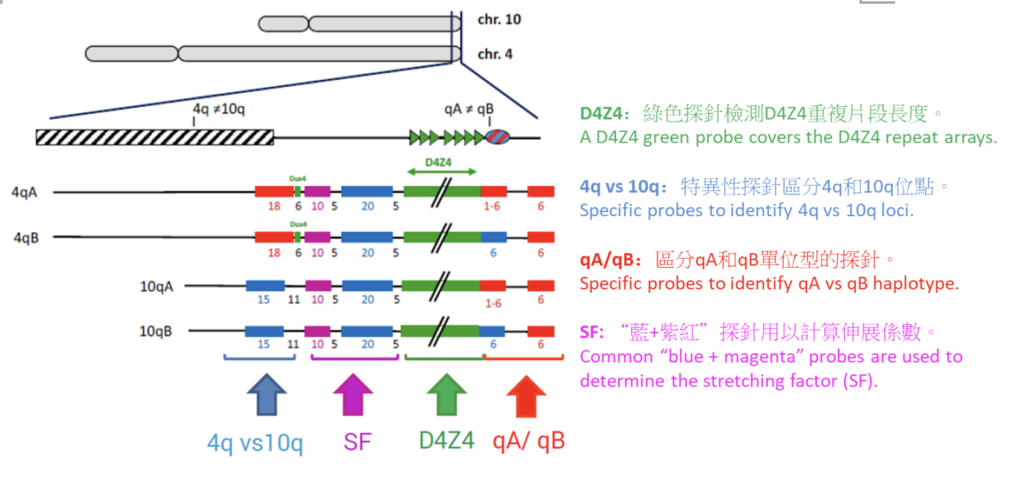Article contributed by Pangenia.
About Pangenia Genomics
Pangenia is one of the leading diagnostic companies in Hong Kong with 15 years of experience in diagnostics and targeted treatment of hereditary diseases exemplified by neuromuscular disorders and cancers. Our diverse panel of services is well-recognized in the Asian region and beyond. The main mission of Pangenia is to provide feasible, timely and accurate diagnostic and treatment options to patients afflicted by rare diseases and to offer guidance to their families.
In 2019 we have established Pangenia Center of Excellence for Rare Diseases (PanRARE). The Center comprises key opinion and treatment leaders in the field of orphan diseases. It is the first regional venue aimed at providing patients and clinicians with a comprehensive diagnostics and treatment options for muscular dystrophies including Facioscapulohumeral Muscular Dystrophy (FSHD). PanRARE connects patients, doctors, academia, key opinion leaders, drug discovery and development enterprises and patient advocacy groups that specialize in muscular dystrophies. We collaborate with industry that actively works on developing innovative diagnostics and therapeutics for FSHD. For example, partnerships with Myocea, Inc., and Genomic Vision provide synergistic expertise in phenotypic screening, identification of biomarkers and therapeutics development in FSHD.
Molecular Testing of FSHD at PanRARE CoE
We employ the Molecular Combing™ platform to reliably diagnose FSHD1. This Genomic Morse Code technology is originally developed by Genomic Vision. The method uses specific fluorescent probes to hybridize with genomic DNA molecules (extracted from fresh blood samples) linearly stretched on coverslips (Figure 1). The fluorescent signals can then be visualized to distinguish the length (number of D4Z4 repeat units) and the type (haplotype A or B) of the D4Z4 loci (Figure 2).


To date, we have provided expeditious and rapid services to FSHD patients from both Hong Kong and Mainland China. Our team at PanRARE CoE team is happy to assist you and your loved ones with diagnostic needs.
Contact
Prospective patients are to contact Pangenia Genomics for more information on the blood sample collection and processing.
Pangenia Genomics (website)
Unit 1380, 13/F, KITEC, 1 Trademart Drive, Kowloon Bay, Hong Kong
Phone: (+852) 3989 6160 Fax: (+852) 2147 4138
Email: info@panrare.com
Monday – Saturday: 9:00am – 6:30pm, Sunday & Public holidays: Closed


Leave a Reply